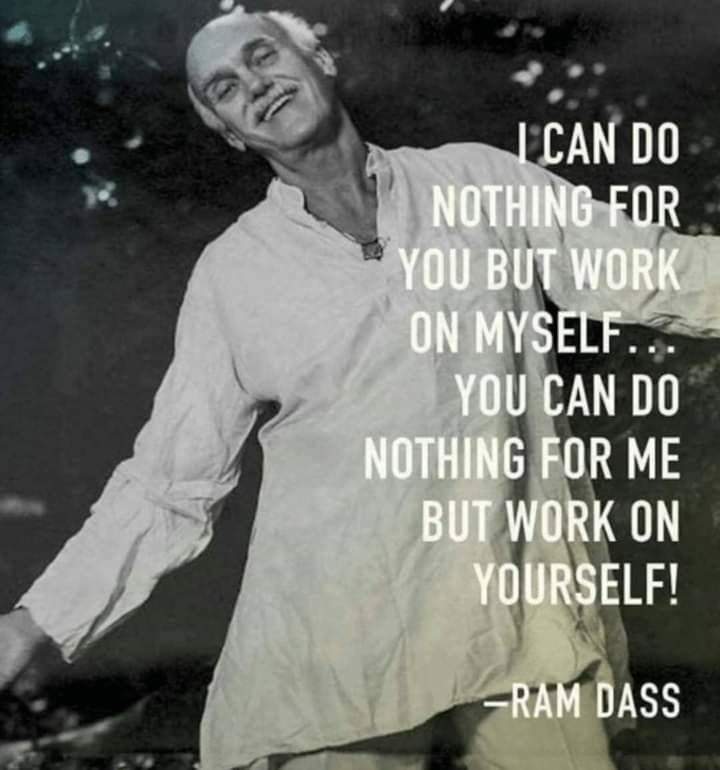The Poem That Changed How I Think
- Sara McCarthy
- Jun 18, 2023
- 3 min read
Updated: Jun 25, 2023
You're Not Late, You're Not Early, you're very much on time
The original poem was uploaded on LinkedIn, on July 28, 2017
New York is 3 hours ahead of California,
But that doesn’t make California slow.
Someone graduated at the age of 22,
But waited 5 years before securing a job.
Someone became a CEO at 25,
And died at 50.
While another became a CEO at 50,
And lived to 90 years.
Someone is still single,
While someone else got married.
Everyone in this world works based on their time zone.
People around you might seem to be ahead of you,
And some might seem to be behind you.
But everyone is running their own race, in their own time.
Do not envy them and do not mock them.
They are in their time zone, and you are in yours.
Life is about waiting for the right moment to act.
So, relax.
You’re not late.
You’re not early.
You are very much on time.
In a world where we are constantly comparing ourselves to others, it's important to remember that everyone has their own unique journey. The idea of being "late" or "early" in life is subjective and often based on societal expectations.
The poem "You're Not Late, You're Not Early, You're Very Much On Time" by Rossana Perassolo emphasizes the importance of not comparing our timelines to one another's. The main message the poem conveys is that everyone lives in their own timezone, meaning their own perception of reality, and moves at their own pace in life. Just because someone achieves success at a young age doesn't mean they will have a fulfilling life or career. And just because someone takes longer to reach their goals doesn't mean they are any less successful. It reinforces the idea that we all feel pressure to meet certain milestones and societal norms at certain points in our life, and how ultimately, this leads to feeling unfulfilled.
We should focus on our own personal growth and development rather than constantly comparing ourselves to others. It serves as a reminder that everyone has their own path, pace, and timeline in life, and we should embrace our unique individual journey with gratitude, compassion, and an open mind. Especially during the late high school experience and early college-process period, which again, is unique to every individual. Some may thrive with the change and new experiences that come with college life. Whereas for others, it may be more of a struggle to adapt. Either way, comparing yourself to others and assuming information will inevitably lead you down a path of insecurity and feelings of incompetence and inadequacy.

Another example of this independent mindset was exemplified through Ram Dass' words, "I can do nothing for you but work on myself... you can do nothing for me but work on yourself!" This perfectly summarizes what I learned through the poem. It taught me that, regardless of what love or intention you are acting on, it will not be productive in a relationship to do things from a place of seeking control. In order to progress in a relationship, you must find clarity within yourself and what you want in your life. You must accept and not resist the very real fact that we each live in our own internal realities, and you must realize that mutual connection cannot be one-sided.
We all will continue to explore our minds and our relationships with them for the rest of our lives, becoming able to work with yourself will become the absence of an obstacle. I love finding any kind of art that sticks out to me, and holding onto it. Looking back on it later, seeing how my views have changed, or showing other people and comparing our interpretations. The poem exhibits the age old struggle of not feeling satisfied with yourself and comparing yourself to others.









